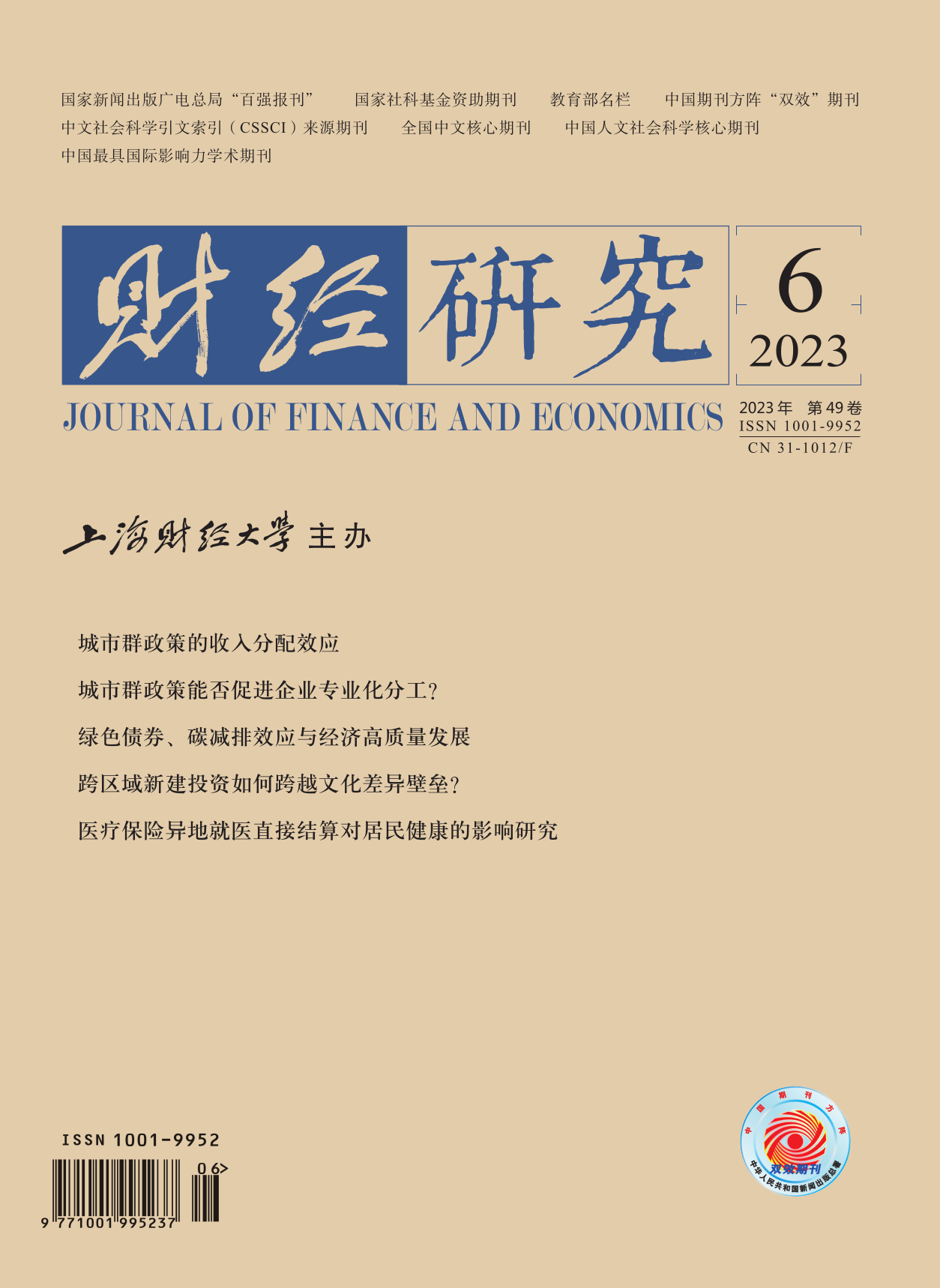Charitable donation is an important channel for enterprises to participate in the third distribution. As a micro way to achieve the goal of common prosperity, charitable donations have become increasingly important. Benefiting from the government attention and the widespread concern on ESG, Chinese enterprises have actively participated in charitable donations in recent years. However, the real motivation of corporate charitable donations in China has always been one of the most controversial topics in practical and academic levels. Existing literature mainly focuses on the relationship between single characteristic and donation behavior, and makes predictions only within the sample, lacking a comprehensive consideration of different charitable donation motivations. Therefore, the intrinsic driving factor of corporate charitable donations is still a fundamental issue and remains to be further explored.
According to previous literature, this paper divides the charitable donation motivation into four categories, namely, strategic motivation, political motivation, internal governance motivation, and external supervision pressure motivation. By using XGBoost, gradient boosting regression tree and random forest in the integrated learning method, this paper finds that: (1) Compared with strategic motivation, political motivation, and external supervision pressure motivation, corporate charitable donations are mainly driven by internal governance motivation, which indicates that corporate donations are mainly affected by internal governance factors. (2) The predictive ability of ensemble learning method for corporate charitable donations is better than that of traditional linear research methods, and the gradient boosting regression tree has the strongest explanatory ability and the highest prediction accuracy. (3) Among the multidimensional motivational characteristics, management compensation incentive, large shareholders’ fund occupation behavior, sales expense ratio, analyst attention, real performance, and trade credit financing have the best prediction effect on corporate charitable donations.
The possible contributions of this paper are as follows: At the theoretical level, by systematically testing corporate charitable donation motivation, it evaluates and compares the predictive ability of different dimensions of motivational characteristics for corporate charitable donations, and answers the basic question of the internal factors driving corporate donations, which enriches the research in the field of corporate charitable donation motivation. At the methodological level, it applies the ensemble learning in machine learning to the study of charitable donation motivation for the first time, and constructs a model with stronger explanatory ability and higher prediction accuracy for corporate donations, which enriches the application scope of machine learning in the field of accounting and finance, and lays a good foundation for further prediction analysis. At the practical level, it shows that in order to support more enterprises to participate in charitable donations, policymakers can guide listed companies to strengthen internal governance, and increase the emphasis on the dominant factors of charitable donations.





 9460
9460  6746
6746

